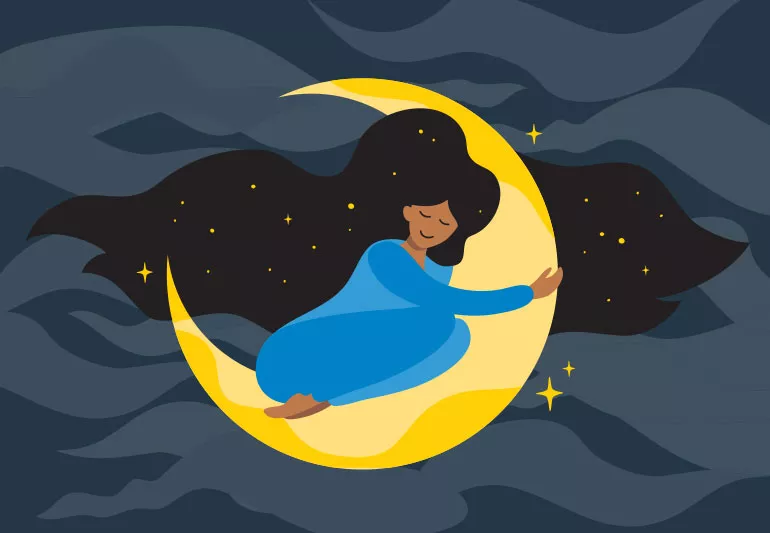How do we get dreams?
What are dreams?
Dreams are mental and emotional flashbacks that occur during sleep, and are most common during REM (rapid eye movement) sleep.
Note: The purpose of dreams is still unclear, but scientists have a few theories:
Theories:
- Dreams help you analyse the memories like skills and habits. They may also help you strengthen your memory and recall information.
- Rehearsal
- Dreams may be a way to rehearse for situations and challenges you might face during the day. They may also help you prepare for possible future threats.
- Emotional processing
- Dreams may help you deal with emotions by allowing you to engage with and rehearse feelings in different contexts. For example, people with anxiety may have more vivid dreams that feature situations of high anxiety or panic.
How dreams affect us:
- Good dreams can be a sign of a good night's sleep. They can be peaceful, or they can be more confusing or strange, which can help your brain process memories and emotions.
- Bad dreams, also known as nightmares, can negatively impact sleep quality if they are frequent or disturbing. Nightmares can cause you to wake up, which can make it harder to fall back asleep.
- Dreaming uses more energy than being awake, so if you dream too much, you might wake up more often. This can reduce the amount of restorative sleep you get.
Fun facts on dreams
- We may not remember dreaming, but everyone is thought to dream between 3 and 6 times per night
- It is thought that each dream lasts between 5 to 20 minutes.
- Around 95 percent of dreams are forgotten by the time a person gets out of bed.
- Dreaming can help you learn and develop long-term memories.
- Blind people dream more with other sensory components compared with sighted people.

